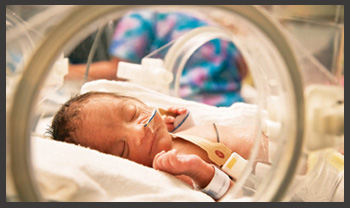 New parents eagerly look forward to bringing their baby home, so it can be frightening if your newborn needs to be admitted to the neonatal intensive care unit (NICU). At first it may seem like a foreign place, but understanding the NICU and what goes on there can help reduce your fears and let you better help your baby. New parents eagerly look forward to bringing their baby home, so it can be frightening if your newborn needs to be admitted to the neonatal intensive care unit (NICU). At first it may seem like a foreign place, but understanding the NICU and what goes on there can help reduce your fears and let you better help your baby.
About the NICU
If your baby is sent to the NICU, your first question probably will be: What is this place? With equipment designed for infants and a hospital staff who have special training in newborn care, the NICU is an intensive care unit created for sick newborns who need specialized treatment.
Sometimes the NICU is also called:
- a special care nursery
- an intensive care nursery
- newborn intensive care
Babies who need to go to the unit are often admitted within the first 24 hours after birth. Babies may be sent to the NICU if:
- they're born prematurely
- difficulties occur during their delivery
- they show signs of a problem in the first few days of life
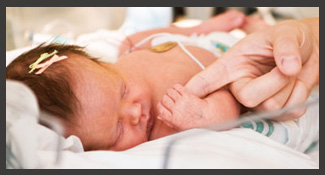 Only very young babies (or babies with a condition linked to being born prematurely) are treated in the NICU — they're usually infants who haven't gone home from the hospital yet after being born. How long they'll remain in the unit depends on the severity of their illness. Only very young babies (or babies with a condition linked to being born prematurely) are treated in the NICU — they're usually infants who haven't gone home from the hospital yet after being born. How long they'll remain in the unit depends on the severity of their illness.
The neonatal unit provides expert, round-the-clock care for newborn babies who are ill or born prematurely. If your baby is in the hospital's neonatal unit, you are not alone. One in nine babies born, spend time on the neonatal unit.
There are different levels of care available on neonatal units. Depending on your baby's needs, he/she will be in one of these units:
- Neonatal intensive care, for the most seriously ill babies.
- High-dependency care, for babies who do not need to be in the NICU but who still require complex care.
- Special care, for babies who are catching up on growth and development after a premature birth. These babies have less serious health problems or are getting better after more complex treatment.
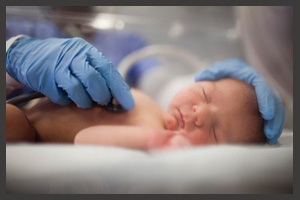 There might also be transitional care. This happens just before your baby is ready to go home. Transitional care gives you a chance to take care of your baby yourself, but with the nurses nearby. Sometimes this means staying in a side room on the neonatal ward with your baby for a while. There might also be transitional care. This happens just before your baby is ready to go home. Transitional care gives you a chance to take care of your baby yourself, but with the nurses nearby. Sometimes this means staying in a side room on the neonatal ward with your baby for a while.
Every hospital has a neonatal unit, but some may not be equipped to provide the level of care your baby needs. Your baby might therefore have to be transferred to a unit far from your home. This could also happen if your local hospital does not have enough room.
Why does my baby need to be in the neonatal unit?
Premature babies need extra help while their bodies catch up on the growth and development they missed in the uterus (womb). For example, it's harder for your baby to stay warm because she can’t regulate her own body temperature yet. A special cot (incubator) can help with this.
If your baby is too small, weak or immature to feed, she might receive fluids and a nutrition mixture through a drip. Or she might need a tube that carries milk into her stomach.
Premature babies also need extra monitoring, treatment and care. They are vulnerable and can have 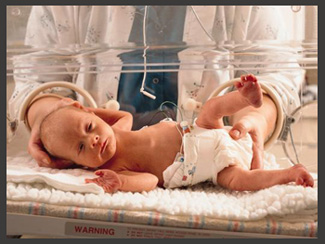 serious health problems. Some of the common problems associated with premature birth are: serious health problems. Some of the common problems associated with premature birth are:
- breathing problems
- breathing problems
- bleeding in the brain
- heart conditions
- gut and digestive disorders
- eye problems
- jaundice
- anaemia
- infections
In the neonatal unit, the nurses and doctors are always checking for the signs of any of these problems. They can treat your baby promptly if they need to.
Who will care for my baby in the unit?
On the neonatal unit, a skilled team from different professions will care for your baby. Some of the people you may meet include:
- Staff and specialist neonatal nurses.
- The senior nurse in charge of the unit, called the sister or unit manager.
- Consultant paediatrician or neonatologist, who leads your baby's care.
- Other specialist doctors, such as surgeons.
- Staff grade doctors.
- Junior doctors.
- Physiotherapists to help with your baby's development.
- Radiographers, who take x-rays and scans.
- Dietitians who advise on nutrition.
- Pharmacists.
- Nursery nurses.
- A social worker to help you with family issues, financial worries, and support that might be needed after you take your baby home.
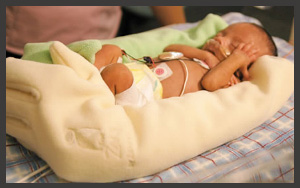 Last but not least, there's you, the parents. You know your baby best and are always her most important carers. The professionals will recognise this and treat you as part of the team. They should encourage you to take an active part in your baby's care, as far as possible. Last but not least, there's you, the parents. You know your baby best and are always her most important carers. The professionals will recognise this and treat you as part of the team. They should encourage you to take an active part in your baby's care, as far as possible.
As well as looking after your baby, neonatal units also try to help you, your partner and your baby’s brothers and sisters. This is called family-centred care.
Most hospitals have an open-doors policy and their neonatal units are open 24 hours a day for parents to visit. Others have more restricted visiting hours.
If you're not at the hospital, you can call the neonatal unit any time, day or night. Always ask questions or talk to the staff about any worries you. |
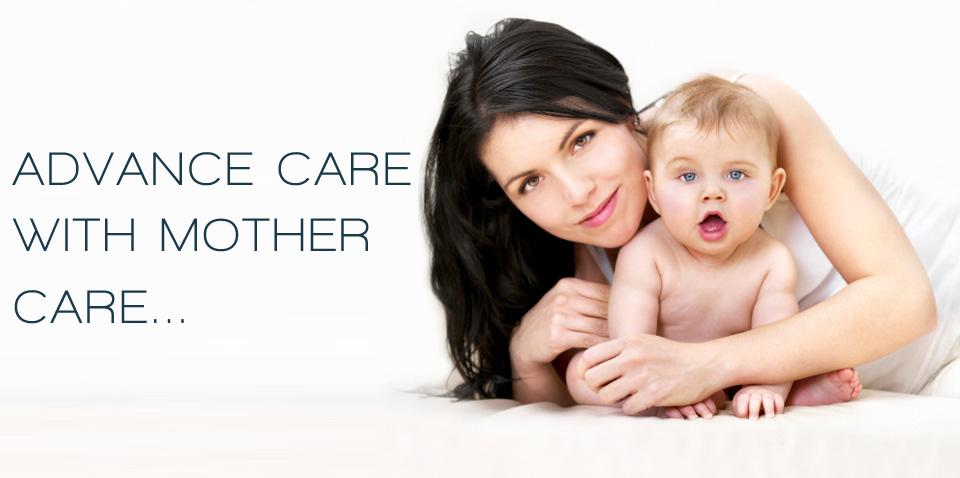
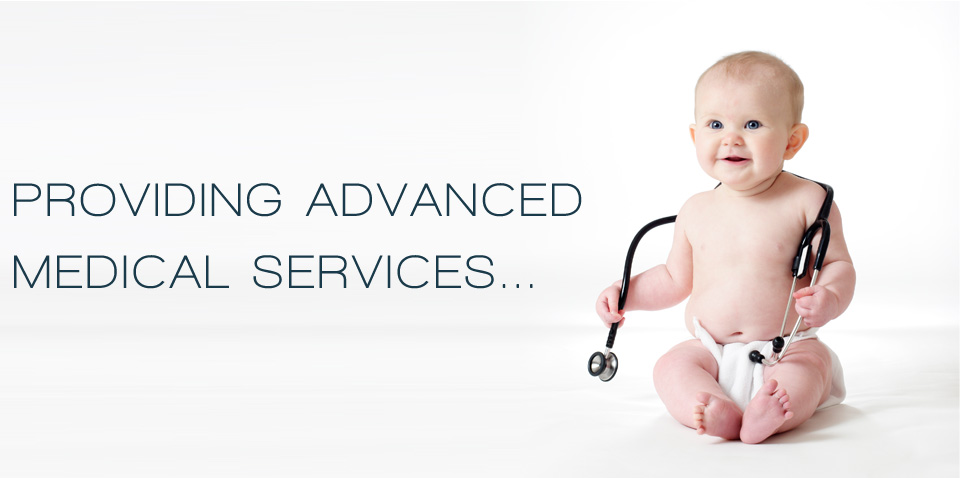
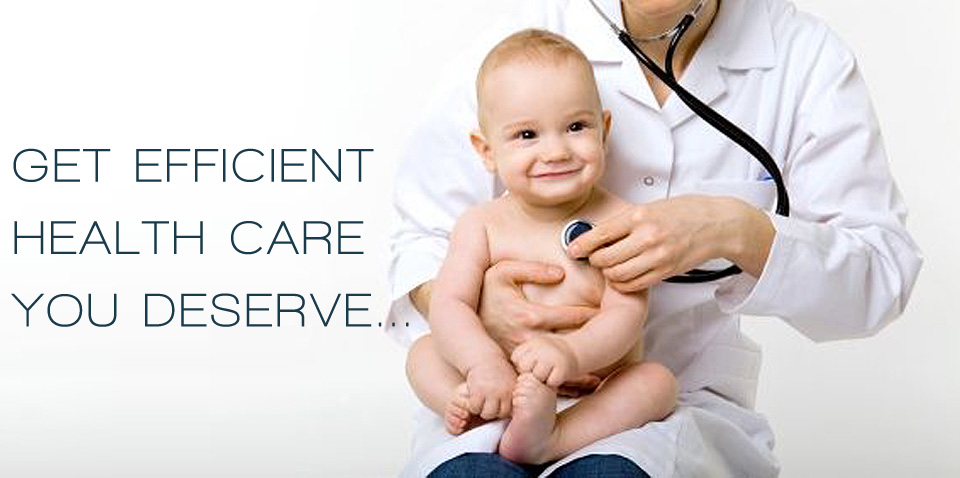

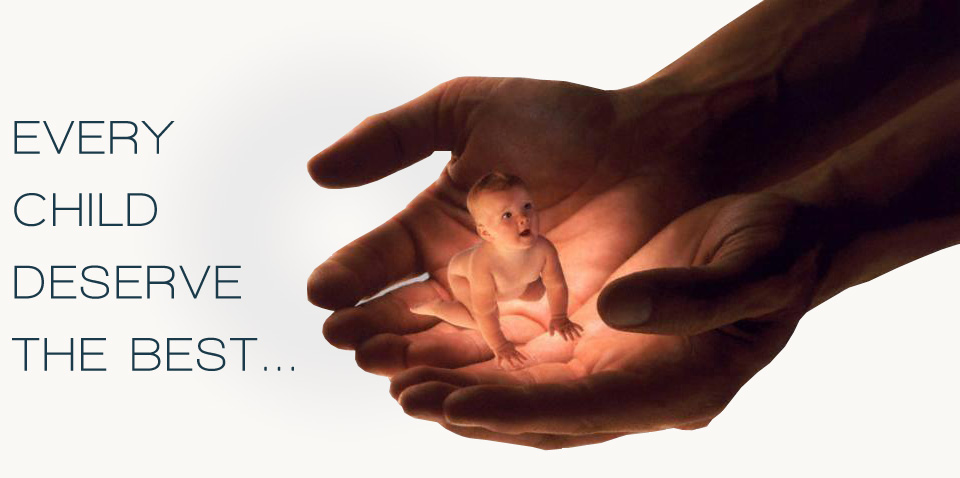
 New parents eagerly look forward to bringing their baby home, so it can be frightening if your newborn needs to be admitted to the neonatal intensive care unit (NICU). At first it may seem like a foreign place, but understanding the NICU and what goes on there can help reduce your fears and let you better help your baby.
New parents eagerly look forward to bringing their baby home, so it can be frightening if your newborn needs to be admitted to the neonatal intensive care unit (NICU). At first it may seem like a foreign place, but understanding the NICU and what goes on there can help reduce your fears and let you better help your baby. serious health problems. Some of the common problems associated with premature birth are:
serious health problems. Some of the common problems associated with premature birth are:

 Only very young babies (or babies with a condition linked to being born prematurely) are treated in the NICU — they're usually infants who haven't gone home from the hospital yet after being born. How long they'll remain in the unit depends on the severity of their illness.
Only very young babies (or babies with a condition linked to being born prematurely) are treated in the NICU — they're usually infants who haven't gone home from the hospital yet after being born. How long they'll remain in the unit depends on the severity of their illness. There might also be transitional care. This happens just before your baby is ready to go home. Transitional care gives you a chance to take care of your baby yourself, but with the nurses nearby. Sometimes this means staying in a side room on the neonatal ward with your baby for a while.
There might also be transitional care. This happens just before your baby is ready to go home. Transitional care gives you a chance to take care of your baby yourself, but with the nurses nearby. Sometimes this means staying in a side room on the neonatal ward with your baby for a while.  Last but not least, there's you, the parents. You know your baby best and are always her most important carers. The professionals will recognise this and treat you as part of the team. They should encourage you to take an active part in your baby's care, as far as possible.
Last but not least, there's you, the parents. You know your baby best and are always her most important carers. The professionals will recognise this and treat you as part of the team. They should encourage you to take an active part in your baby's care, as far as possible.